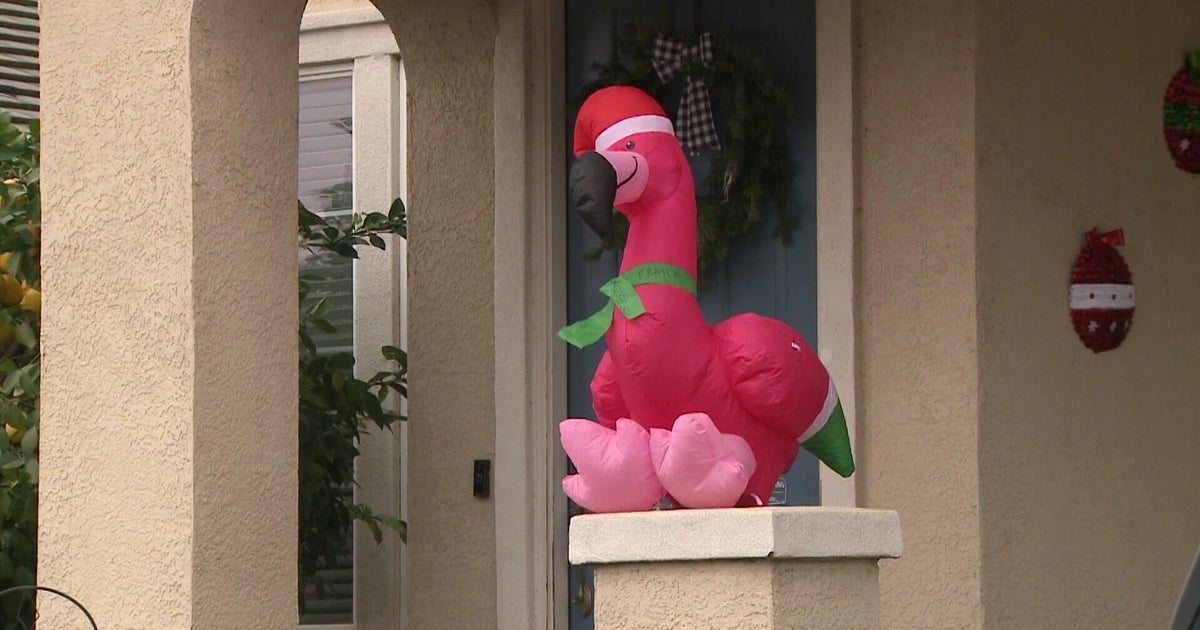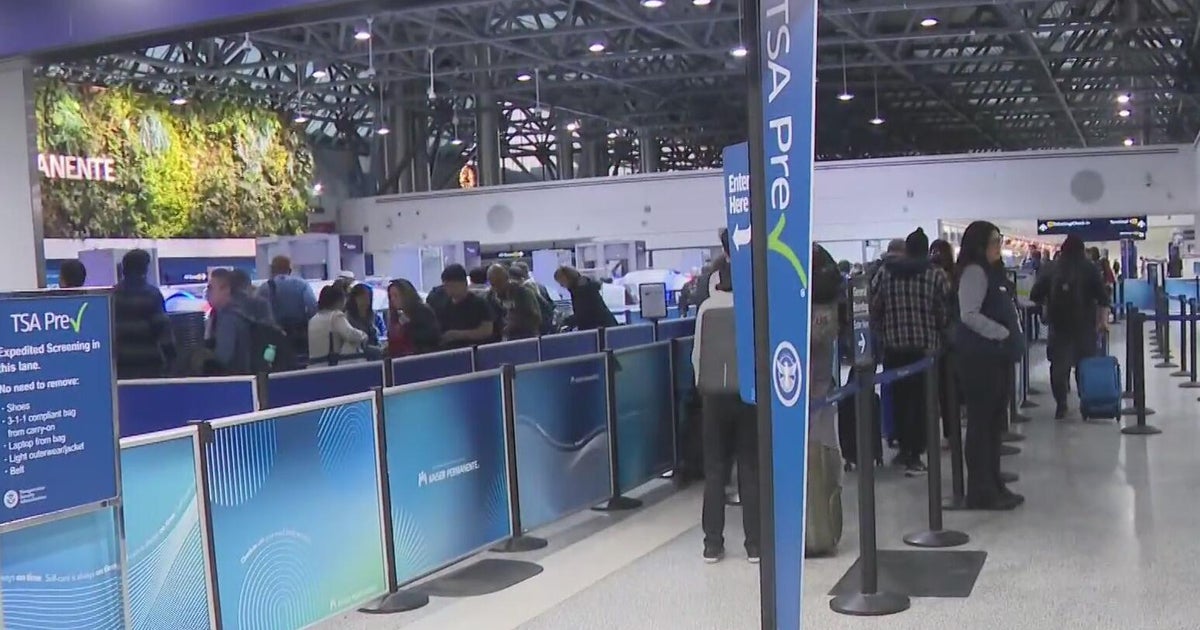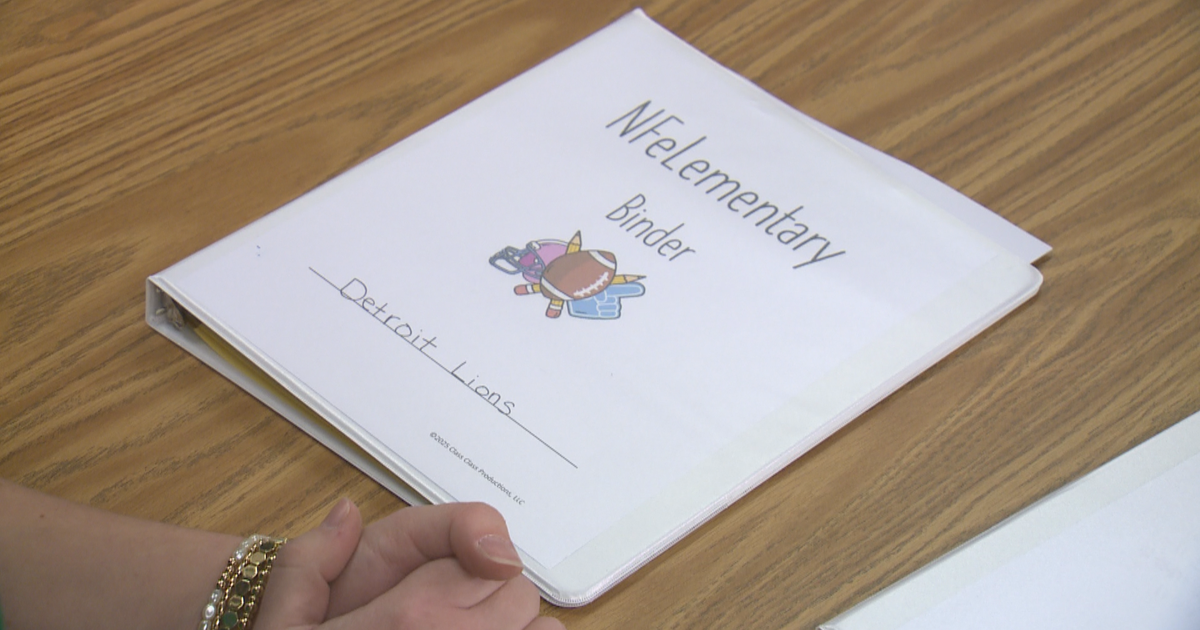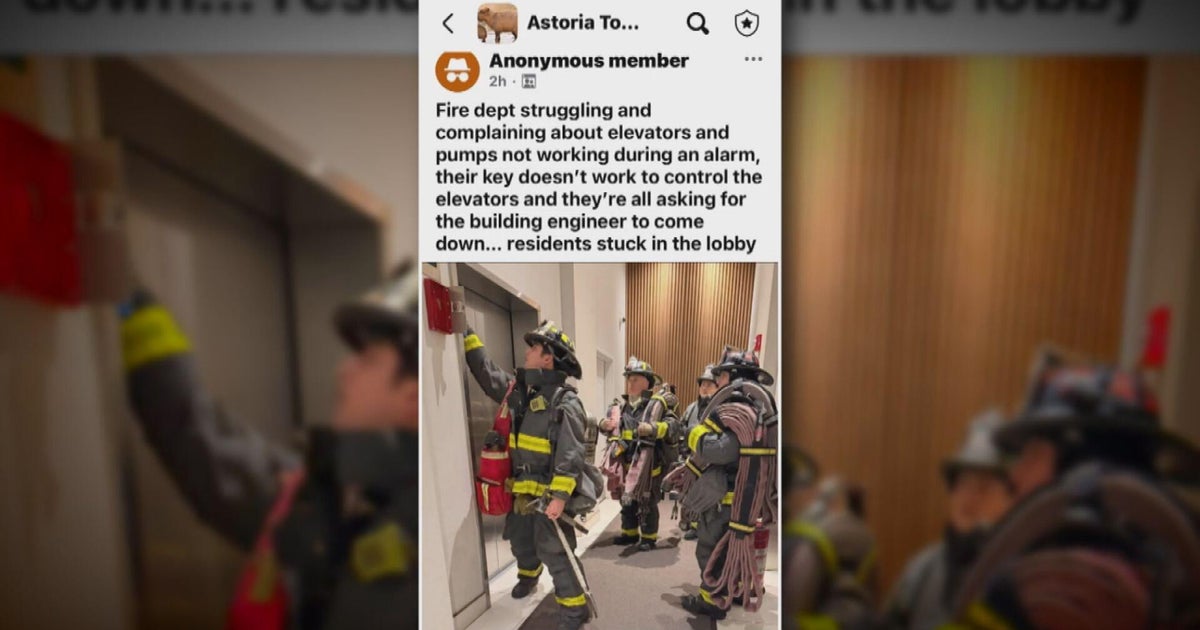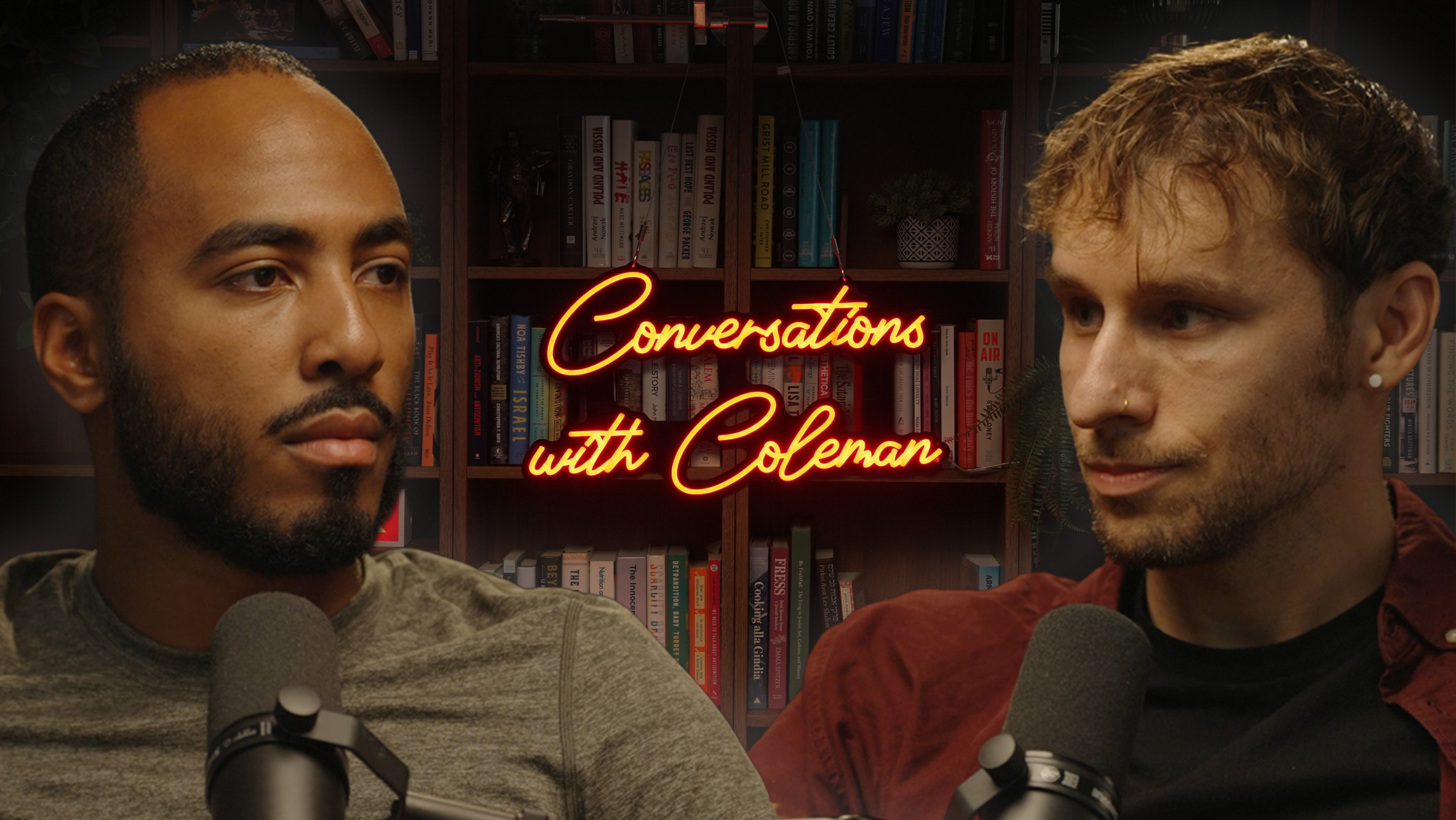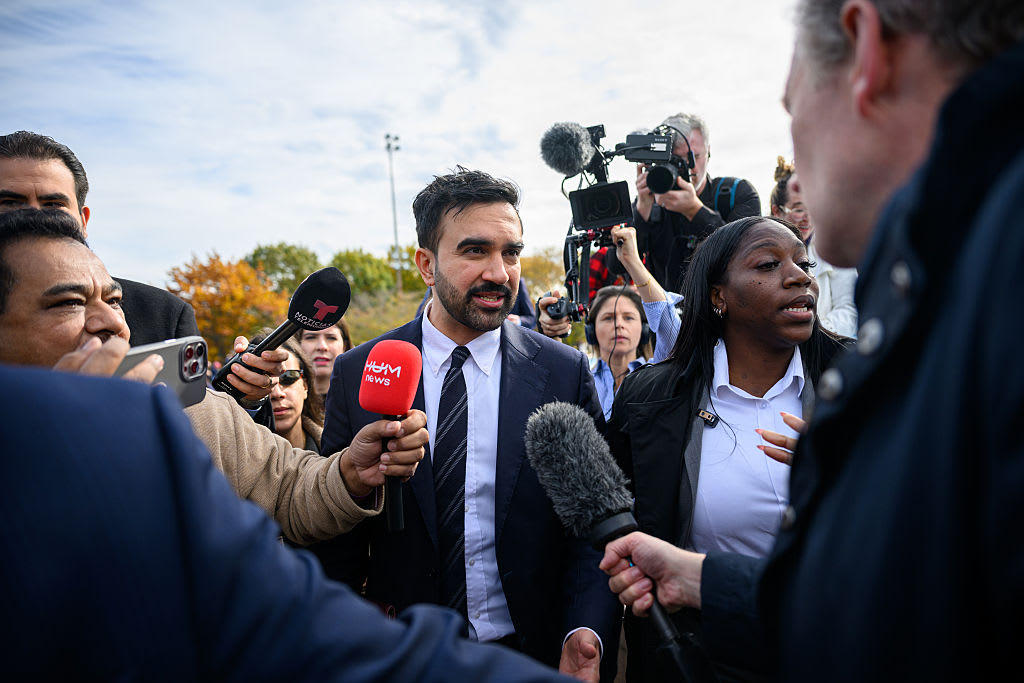The difference between being not racist and being antiracist
In the weeks since George Floyd's death shook the nation, countless people have been moved to action, taking to the streets and social media with impassioned support for the black community. A growing number of Americans are fed up and eager to prove that they are not racist. However, with the country now in the midst of a racial reckoning, advocates are seizing the opportunity to point out that there is a difference between simply not being racist and actively being antiracist.
"Someone saying, 'I'm not a racist,' doesn't help the problem," said fitness influencer Bryce Michael Wood, who started the Zoom series, "For Your Discomfort," after the death of George Floyd. "Simply saying I'm not doing that does not save somebody's life. It's like witnessing someone getting jumped and being like, 'Hey, I didn't jump 'em.' But you also just stood there while he or she got jumped. And being an antiracist is like… getting involved and being like, 'Break it up. Stop this.'"
Activists say that the first step is acknowledging that there is racism in all of us and that racial biases and behaviors take many forms.
"When most people think of racism, they think of you know let's say what happened to George Floyd, or they think of the KKK, or they think of slavery," said lifestyle blogger Ayana Lage. "When that is kind of your perception, it's very easy to say, 'Well, I would never do that. I would never do that awful thing.' But it's more nuanced than that."
Subtle acts of racism can often be just as hurtful as more overt ones. Whether it be allowing a relative's offensive comment to go unchecked, or laughing at a racially insensitive joke in a TV show, or clutching your purse a little tighter when a person of color approaches on the sidewalk, seemingly small manifestations of racism contribute to keeping systematic racism in place.
"The first step is to get aware of your thoughts, and to get aware of your ideas and your beliefs and the way that they operate in the world," said Sonya Renee Taylor, author and founder of "The Body Is Not an Apology." "Once you're at that point, you're at choice. I can do something different. Now, what is it that I'm going to do?"
Action is the key difference between being not racist and being antiracist. And while many these days might interpret "action" as protesting, Taylor said there are many small actions that people can take in their own lives that promote equity over time: diversifying your bookshelf, following more people of color on social media, dining at black-owned restaurants, choosing to see black doctors and more.
"I think there are a lot of people in this moment that are awakened in a new way. They're like, 'Oh I see some things that I never saw before. Wow!' It's like the great white woke-ness. And it's not enough to just be awake," she said. "We wake up every morning. And if you just sat in your bed once you were awake, nothing would get done."
In an interview with CBS News, author Jason Reynolds, who penned "All American Boys" and co-authored "Stamped: Racism, Antiracism and You" with Ibram X. Kendi, used a baseball analogy to explain the difference.
"If you think about baseball, to be not racist is going for a bunt. You hold the bat out. You hope the ball hits the bat. You're not expecting to hit the ball hard. You just want to get the ball to connect with the bat so that you can attempt to make a play," he said. "To be antiracist is to swing the bat as hard as you can and go for the home run; to put in the extra effort to shoot for the stars and to actually swing that bat. To risk the strike. You risk the strike, but you swing that bat as hard as you can every single time because you understand that that's the way you win games. That's the way you change things."
Risking the strike, so to speak, is an important distinction because one can be "not racist" quietly. Antiracism, on the other hand, often involves sacrifice. It can mean getting into confrontations with friends or loved ones, and it can mean initiating a lot of uncomfortable conversations.
"This stuff will never change until people get comfortable having these uncomfortable conversations – on both sides," says former professional basketball player Patrick Ewing Jr. "I've had to have conversations with people in my family, and I'm in an interracial relationship. And having the conversation is not the easiest thing to do, but you have to do it."

